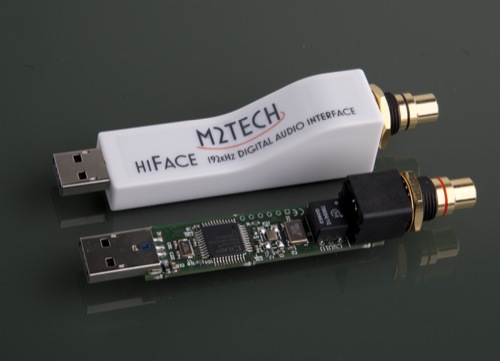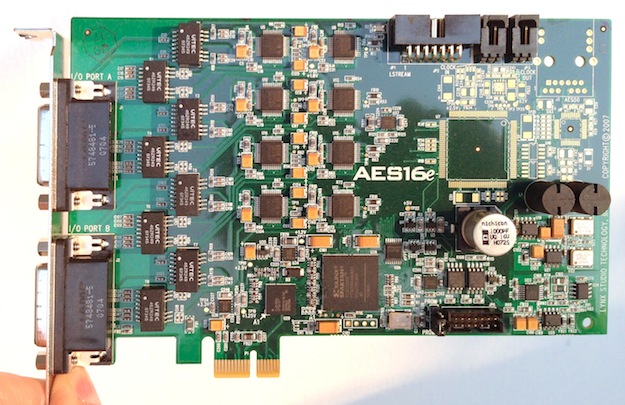ranjeetrain
New Member
Hello everyone,
I am creating this thread as a place to share your USB-SPDIF experiences.
The motivation behind this thread is - computer audio has already become a mainstream in India due to it's astounding price-performance ratio. It's kinda a bit late to wake up to such a discussion. But better late than never, right?
To be completely honest: I don't have much experience in this area. Like most people, I also have primarily used USB-DACs. But USB used to be considered the weak link in many DAC implementations (at least in past it used to be). So most top end DAC manufacturers chose to limit their input option to more conventional options, meaning the products were targeted primarily to conventional transport users. Some companies chose alternate options; such as Wiess provided Firewire input.
Even as USB is increasingly has become ubiquitous for entry level DACs which are especially targeted at Computer-audio-consumers high end products still are keeping away. This has led to a new product category of USB-to-SPDIF converters. And the market is already ripe with a lot of products costing as low as USD 100 to princely USD 1000+.
King of these converters is a M2Tech HiFace, a product that was launched a few years ago at around USD 150. The product was tested by 6moons and was awarded nothing less than a Blue Moon Award, and still maintains among the highest price-to-performance ratio, being available for as low as USD 100.
I am using the newer version of this interface, the M2Tech HiFace Two. I have used this with my Nuforce DAC 9 in past, (now on sale here) and now using this with my dCS Elgar Plus DAC. A proper review will take a lot of effort to write so let me share the brief summary.
This converter is a kick-ass unit. With DACs up to say USD 2000-3000, this converter is surely not going to be a weak link in the chain. It's reasonably easy to set up and works like a charm. It comes with proprietary drivers but they are not needed on Linux. Even on Windows they work without hassles.
I'd like to know what USB-SPDIF converters others are using and how is their experience. Please do share.
I am creating this thread as a place to share your USB-SPDIF experiences.
The motivation behind this thread is - computer audio has already become a mainstream in India due to it's astounding price-performance ratio. It's kinda a bit late to wake up to such a discussion. But better late than never, right?
To be completely honest: I don't have much experience in this area. Like most people, I also have primarily used USB-DACs. But USB used to be considered the weak link in many DAC implementations (at least in past it used to be). So most top end DAC manufacturers chose to limit their input option to more conventional options, meaning the products were targeted primarily to conventional transport users. Some companies chose alternate options; such as Wiess provided Firewire input.
Even as USB is increasingly has become ubiquitous for entry level DACs which are especially targeted at Computer-audio-consumers high end products still are keeping away. This has led to a new product category of USB-to-SPDIF converters. And the market is already ripe with a lot of products costing as low as USD 100 to princely USD 1000+.
King of these converters is a M2Tech HiFace, a product that was launched a few years ago at around USD 150. The product was tested by 6moons and was awarded nothing less than a Blue Moon Award, and still maintains among the highest price-to-performance ratio, being available for as low as USD 100.
I am using the newer version of this interface, the M2Tech HiFace Two. I have used this with my Nuforce DAC 9 in past, (now on sale here) and now using this with my dCS Elgar Plus DAC. A proper review will take a lot of effort to write so let me share the brief summary.
This converter is a kick-ass unit. With DACs up to say USD 2000-3000, this converter is surely not going to be a weak link in the chain. It's reasonably easy to set up and works like a charm. It comes with proprietary drivers but they are not needed on Linux. Even on Windows they work without hassles.
I'd like to know what USB-SPDIF converters others are using and how is their experience. Please do share.



